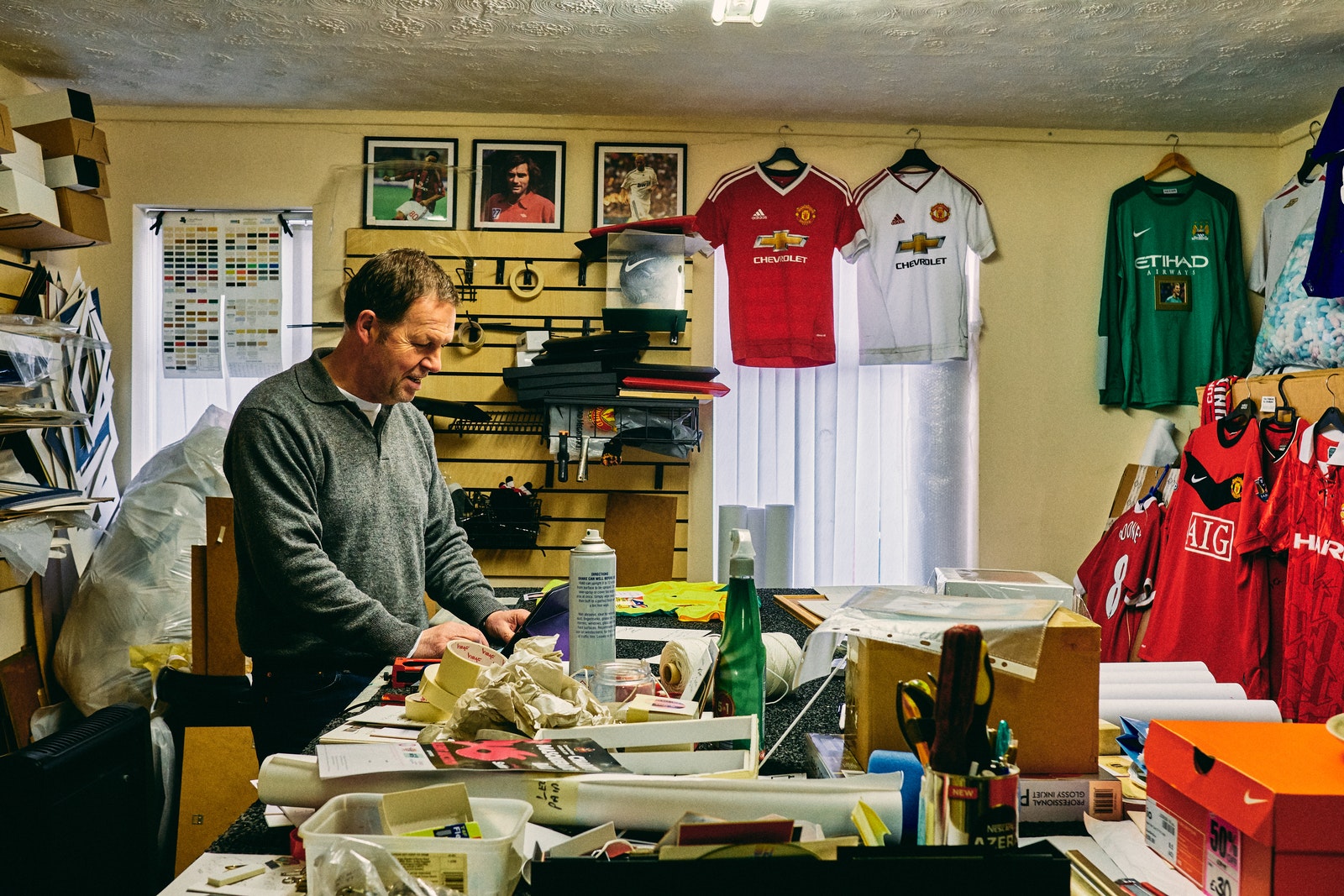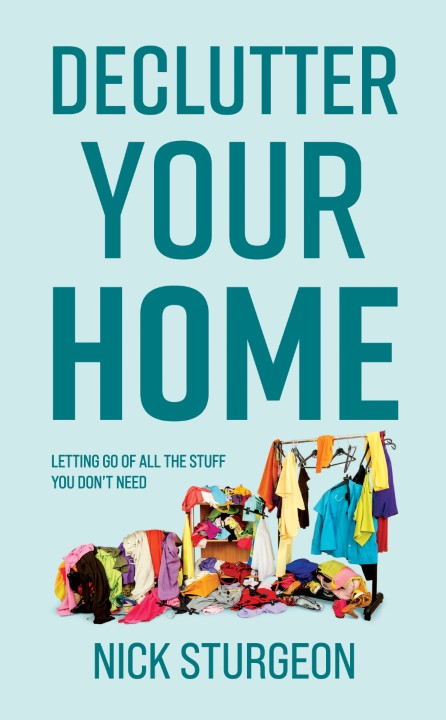We hang onto family things because we are people with emotions and feelings. We assign value and meaning to everything we see or come into contact with. We have to do this to stop ourselves getting into total overwhelm or melt down when faced with a thousand and one choices every day.
You see a mahogany box that your uncle stored his love letters in from your aunty before she died and so you give that simple wooden box a value in your mind. You add to it all the memories of riding a bike from your own house as a kid to see your aunty Mabel and uncle Jack. You think of all the ice creams they bought you and some of the birthday presents for your first teenage birthday. All of this heavy emotional baggage attaches itself to the box. Now the box is not simply a 'box'. It has become a store of memory, a reflection of your childhood, a visual link to how you grew up and what you learned from good adult role models. It is so much more than wood and the pins that hold it together or the varnish that allows it to shine, or the crack in the back where it was once dropped on a pavement when your uncle moved into his care home as an elderly man. It has become a part of you. And you wonder why you find it hard to let go of the things in your life?
Everything has meaning and connection - good or bad - because we give such qualities and meanings to each thing we handle. You have my understanding and my empathy with this difficult process. Your home represents your sense of identity, of who you are to yourself as well as to those whose opinion you take on board. Your house or apartment is a mirror of how you feel about yourself and how you see yourself. The furniture, artwork, decorative style, clothing, photographs on display, all of these are elements of you.
Here are some themes of family clutter you might want to visit and consider whether the items are things to keep or to let go of.
Clothes: A shirt you wore on your wedding day, the suit you wore on the evening you met your wife, the wedding dress from that special day twelve years ago and which is still in the wardrobe. The graduation gown that you wore once but which is still in your wardrobe. Keep or Let Go.
Family Souvenirs: These are sometimes heirloom items which connect us to the larger family network and discarding them creates feelings of disloyalty. How about the walking stick and medals that were your grandfather's? The swivel leather chair and footstool that your Dad bought the week of his retirement in a colour you don't really like. The pocket watch that was worn by your great great grandfather. The clutch bag that belonged to your mother. A photo album from a wedding one hundred years ago and which you know is somehow connected to a relative, but you don't know which one. Do you Keep or Let Go?
Gift Items: A deluxe kitchen gadget you have only used a handful of times since it was given to you as a wedding gift or home warming present eight years ago. A framed picture of a country scene you really don't like, but which is on a bedroom wall because you were given it by your Great Aunt who you loved when you were younger, but who now you can't tolerate for her crankiness. She doesn't visit, but your parents do and they might comment critically if they didn't see the picture. Do you choose to Keep or do you Let Go?
When people spend money on a gift for us we can get in to all sorts of guilt where we don't like or appreciate the item they bought for us. How we see our relationship to them as the gift giver can affect the way we deal with the gift. Yet, it was just a gift, not a contract. We still allocate strong emotions to gifts we don't appreciate, especially where there is a chance the giver might enquire about our use of the gift at some future date, or at least where we think they will! The gift category of items we have among our clutter often presents some of the biggest emotional tussles when we try to let them go.
Comfort Objects from Childhood: How about the soft toys you had as a youngster or the comfort blanket you had first in your cot and then in your bed? A book collection that was relevant to you as a six year old, but you are now twenty seven! Keep or Let Go? Printed class photographs from your first year at school. A plastic crate of boxed games and toys that you might be keeping handy for your grandchildren, who are not born yet! A uniform or handbook from the scout group you were part of when you were ten and eleven, but which was three decades ago. A wooden baseball or cricket bat from teenage years when we played well at senior school level. Will you Keep or will you Let Go?
We don't set out to acquire rooms of stuff that we make little use of. Instead we attribute value to something because of the memory trigger it gives and the feelings it stirs within us. We allow this magical quality to settle on it and we end up struggling to know what to let go of because everything becomes special. All that we choose to keep has a powerful hold over us. But it is also clogging the space in your home and creating stagnant energy.
It's time to make some space and to change the feel of your living space. You deserve to make some changes. Don't complicate this process. When you pick up an item in your home you simply need to ask yourself, "Do I Keep or Let Go?" You will know what to do.

